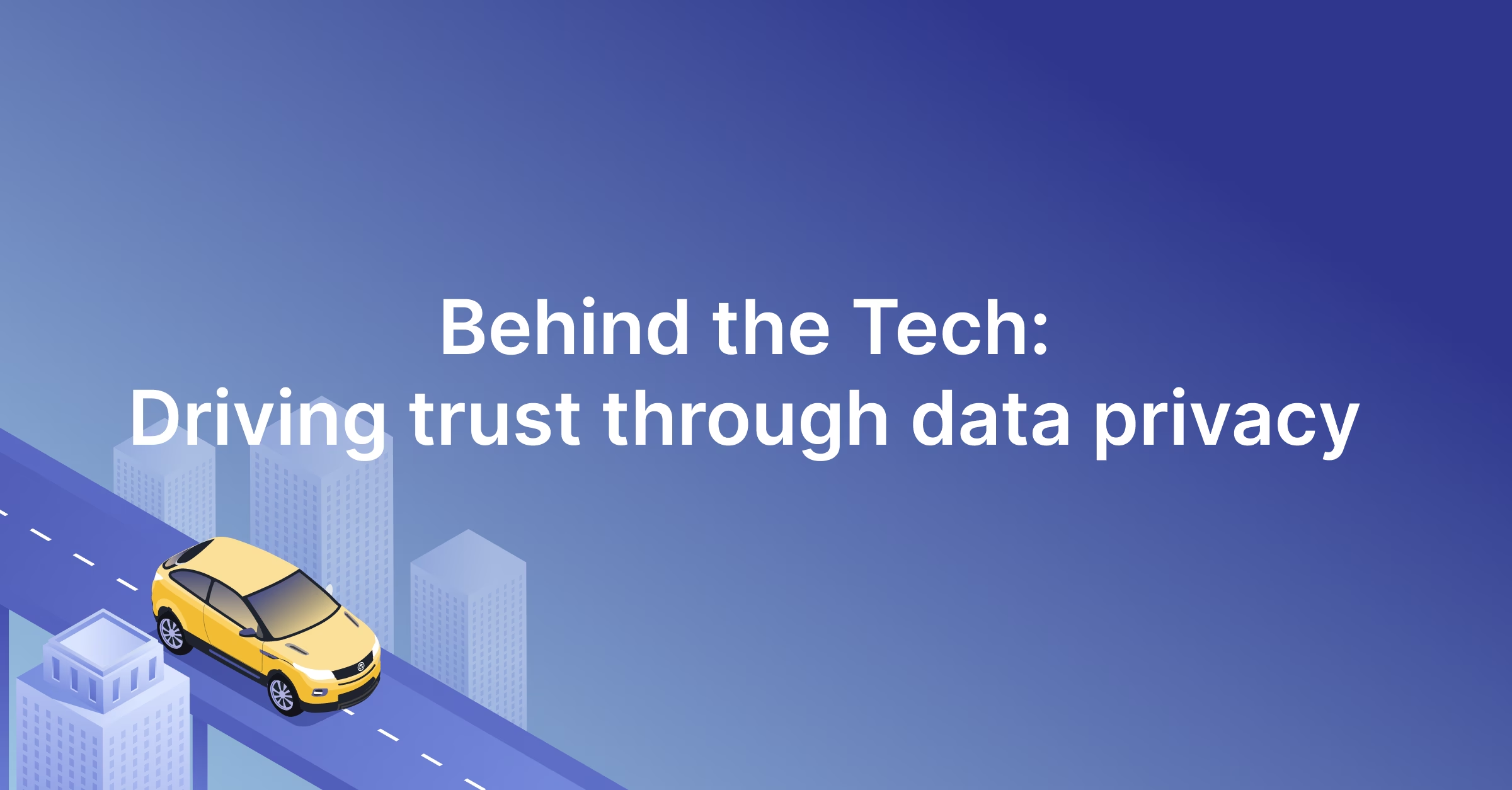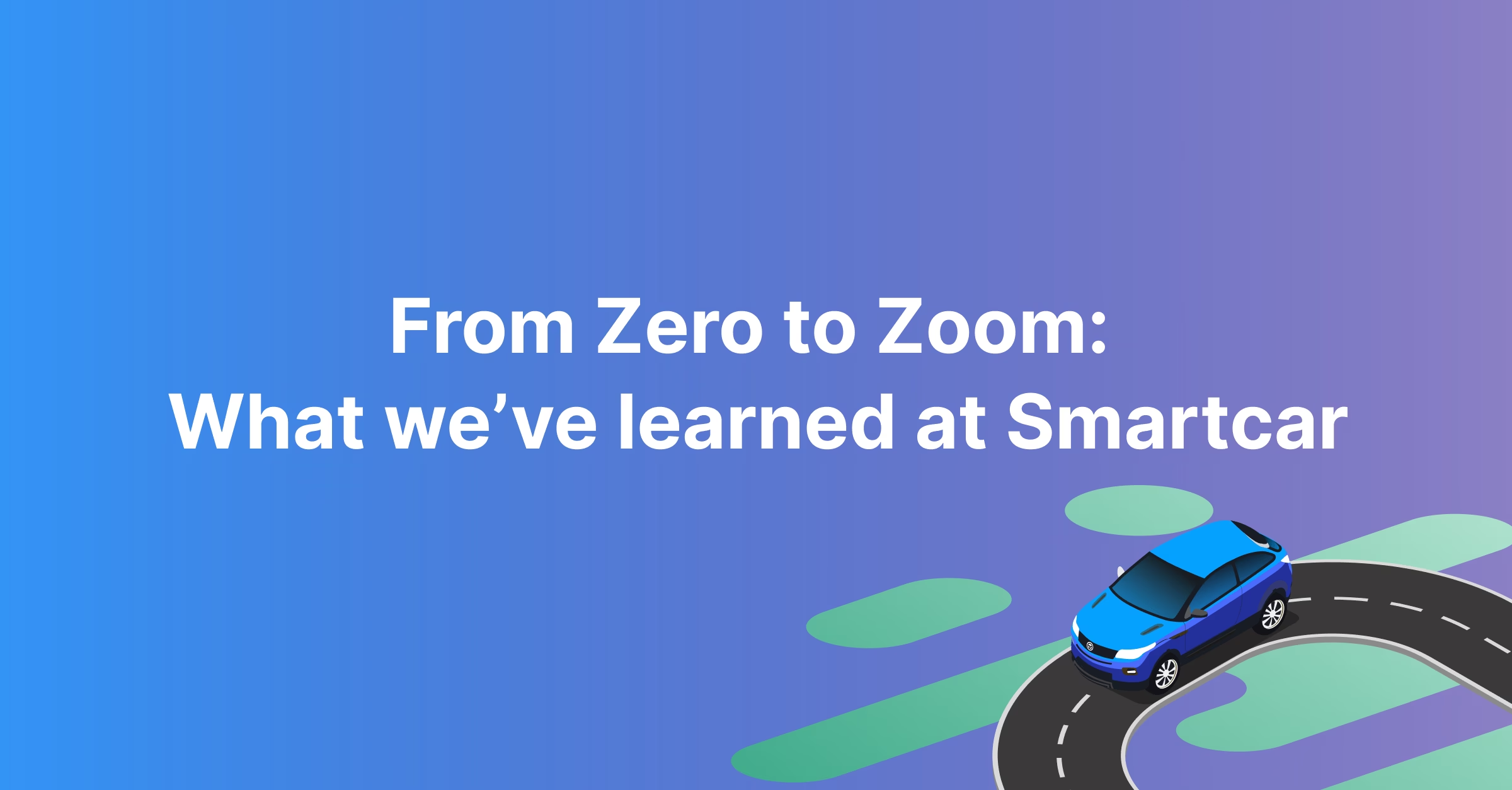EV charging
API
Het opladen van elektrische voertuigen op afstand beheren
Controleer de laadstatus en laad elektrische voertuigen op met eenvoudige API-aanvragen.

Oplaadstatus
Controleer of de oplaadkabel van een elektrische auto is aangesloten en laad op.
Opladen starten of stoppen
Het opladen van een elektrische batterij (BEV) of plug-in hybride auto (PHEV) op afstand starten of stoppen.
Oplaadlimiet opvragen en instellen
Behoud de gezondheid van de batterij door de laadlimieten voor elektrische voertuigen te beheren.
Kenmerken van het product
Compatibel met 39 automerken
Vriendelijke toestemmingsstroom van gebruikers
Werkt op voertuigen uit 2015 en nieuwer
Vertrouwd en veilig
Live data ophalen en live acties activeren
SDK's voor Go, Java, Node.js, Python en Ruby
Gerelateerde industrieën
Laadnetwerken voor elektrische voertuigen
Geef geschatte oplaadtijden, automatische laadschema's en EV-reisplanning op in je app.
Leveranciers van energie en nutsvoorzieningen
Beheer het opladen van elektrische voertuigen in woningen van uw klanten om de belasting van het elektriciteitsnet zo goed mogelijk in evenwicht te houden.


.jpg)

